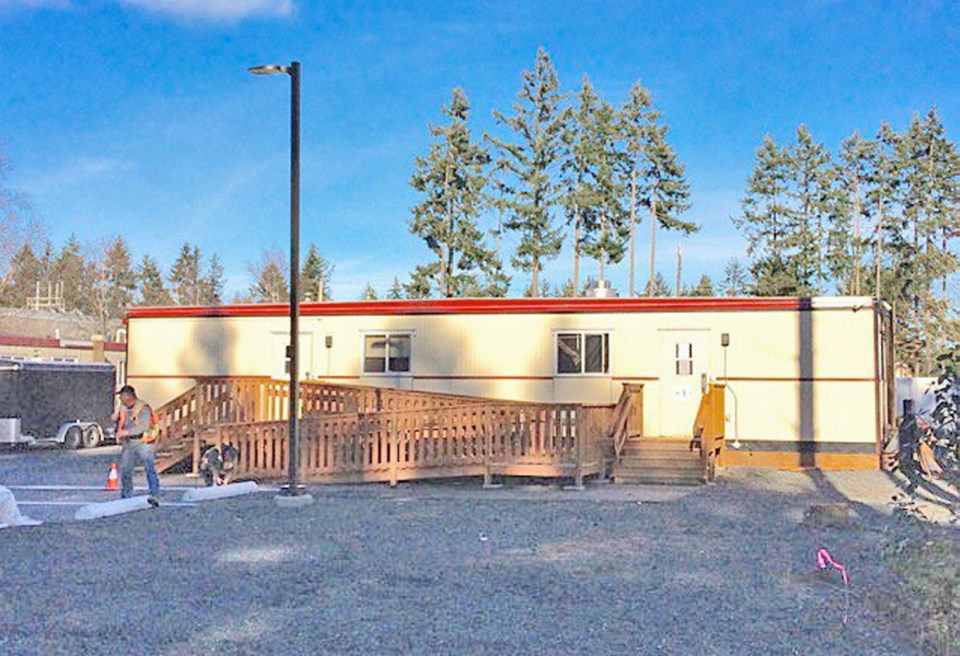There’s a painful lesson to be learned from last year’s tent city, Nanaimo’s mayor says.
Funds the city spent managing and cleaning up the downtown site could have been better used to deal with homelessness and help businesses, Mayor Leonard Krog said this past week.
“The lesson here is get yourself prepped for this, because the last thing you want to do is be paying for a tent city.”
The city spent $466,194 on the tent city, plus another $146,000 closing it, Krog said. Expenses include city-staff time, portable toilets and cleanup, but not legal fees or policing costs.
It’s a reminder to other communities that housing needs to be available and “operating in an orderly way, as opposed to letting things develop to a stage where you have a tent city that you then have to contend with,” Krog said.
When the provincial government unveiled its 2018 budget, it included a large-scale housing plan that included plans for 114,000 affordable homes as it invested $6.6 billion over the coming decade. The plan included building more than 14,000 rental units and setting up 2,500 new modular supportive units for people struggling with homelessness.
Nanaimo has a shortage of affordable rental units. A spring 2018 survey found 335 homeless people, although some believe numbers are higher.
News of provincial funding for homes should have prompted civic governments and staff to examine housing needs and what land might be available, Krog said.
Last spring, the province was ready to spend $7 million on supportive housing in Nanaimo on a city-owned lot on Cranberry Avenue. But neighbours mounted a strong campaign against it, saying it was not suitable for the area.
City council ended up turning down the site and asked the province for more time to find another location. But the province said it was allocating the money to another community.
Nanaimo’s homeless citizens, supported by advocates from the Lower Mainland, established a tent city on municipal industrial land last May. The tent city grew to more than 300 campers and was eventually dismantled at year’s end. Many tent-city campers were relocated to two modular supportive-housing projects, set up by the province to house about 170 people.
B.C. invested $1.6 million in buying and bringing modular housing to Nanaimo, and another $2 million to purchase land on Terminal Avenue.
Each of the modular-housing sites is operated under contract by a non-profit social agency. Terminal Avenue has an annual operating budget of $1.55 million, while the budget for the other site on Labieux Road is $2.16 million, the province said in a statement.
Modular supportive housing projects range in number of units. The approximate annual operating budget for each supportive housing project under the rapid response to homelessness program is $1 million. Supportive housing projects on Vancouver Island that fall under this program include Courtenay, Parksville, Port Alberni and Victoria, the province said.
Tenants are moving into the Port Alberni site. Construction is expected to be finished in Courtenay at the end of next month, in Parksville at the end of May and in Victoria in December.



